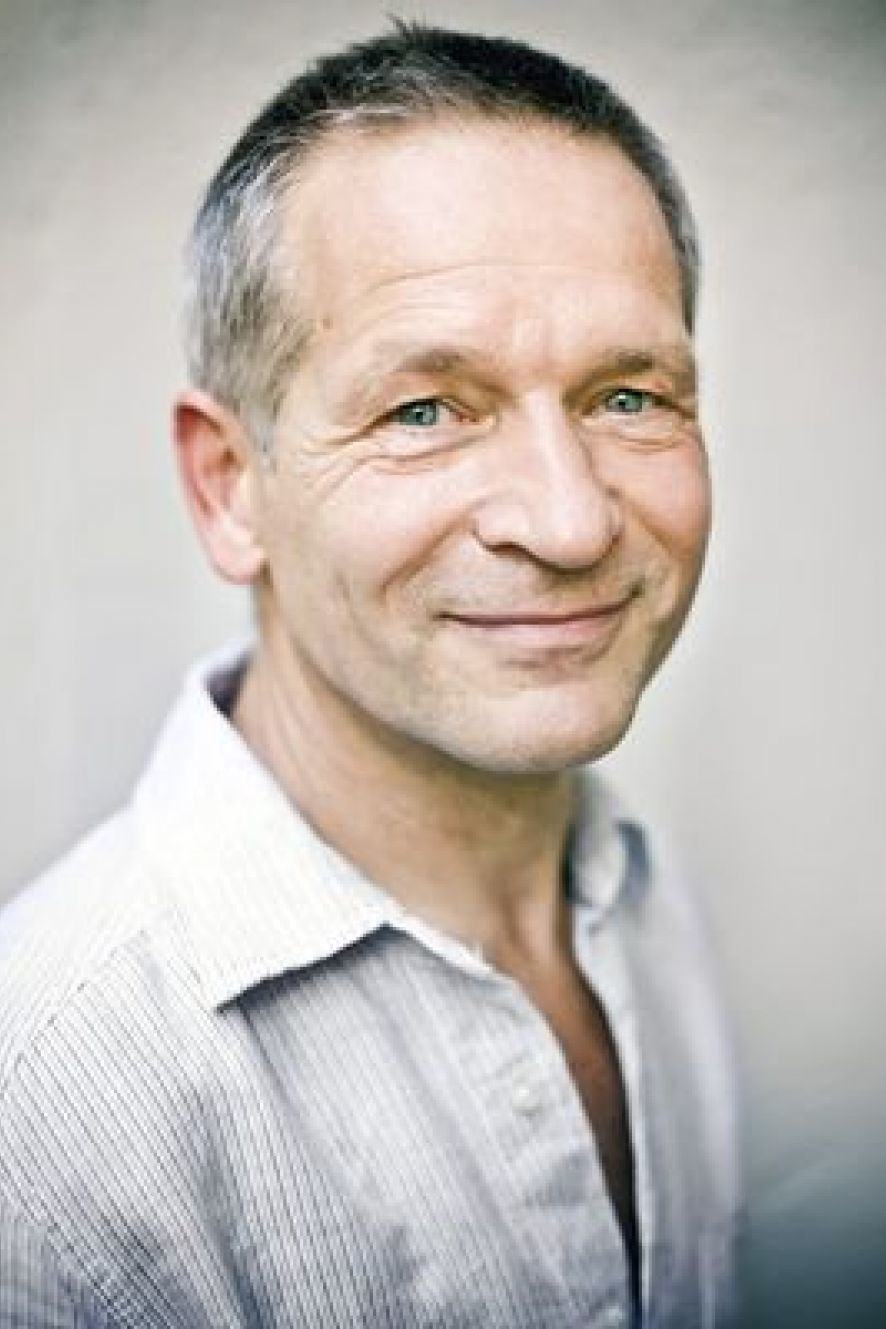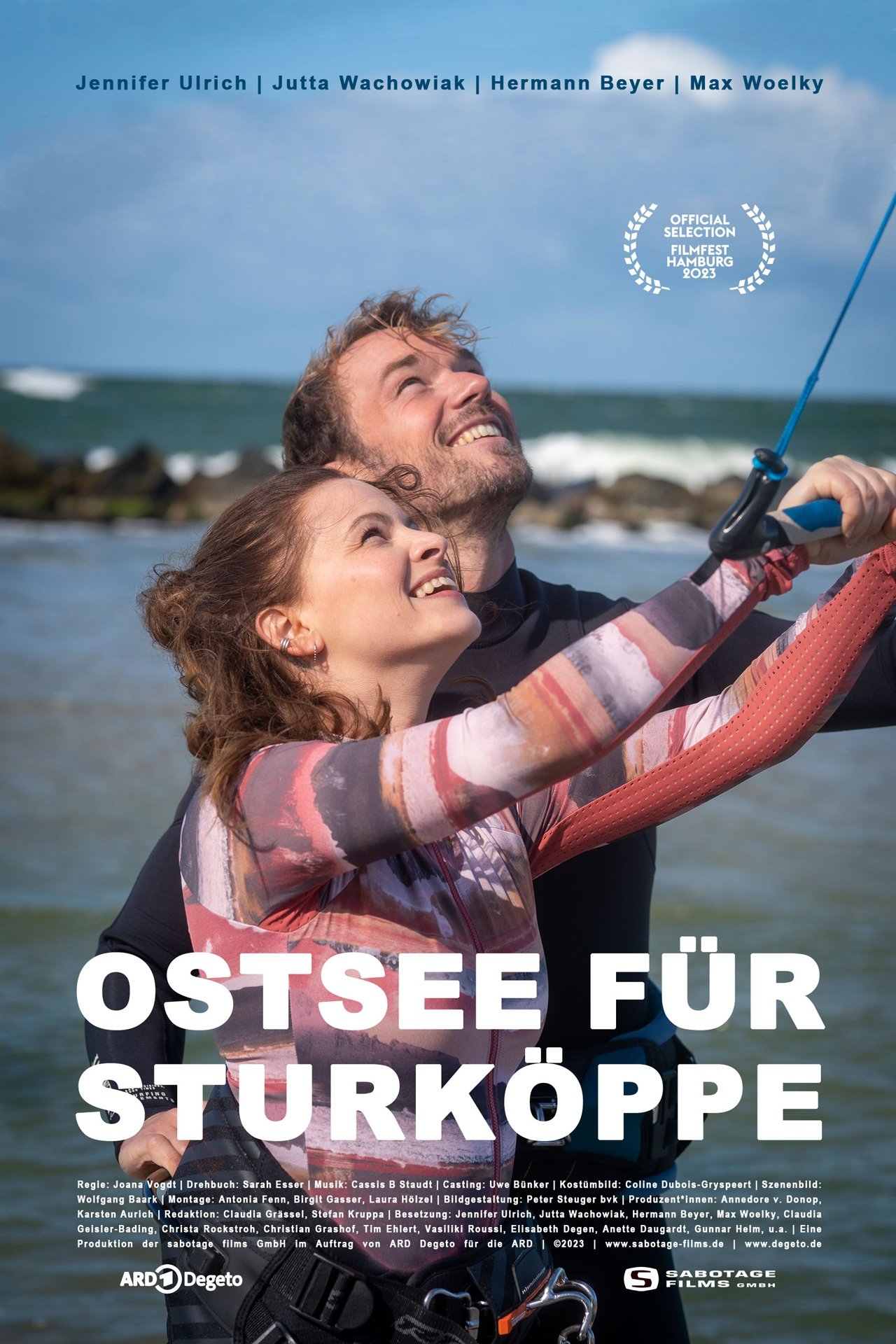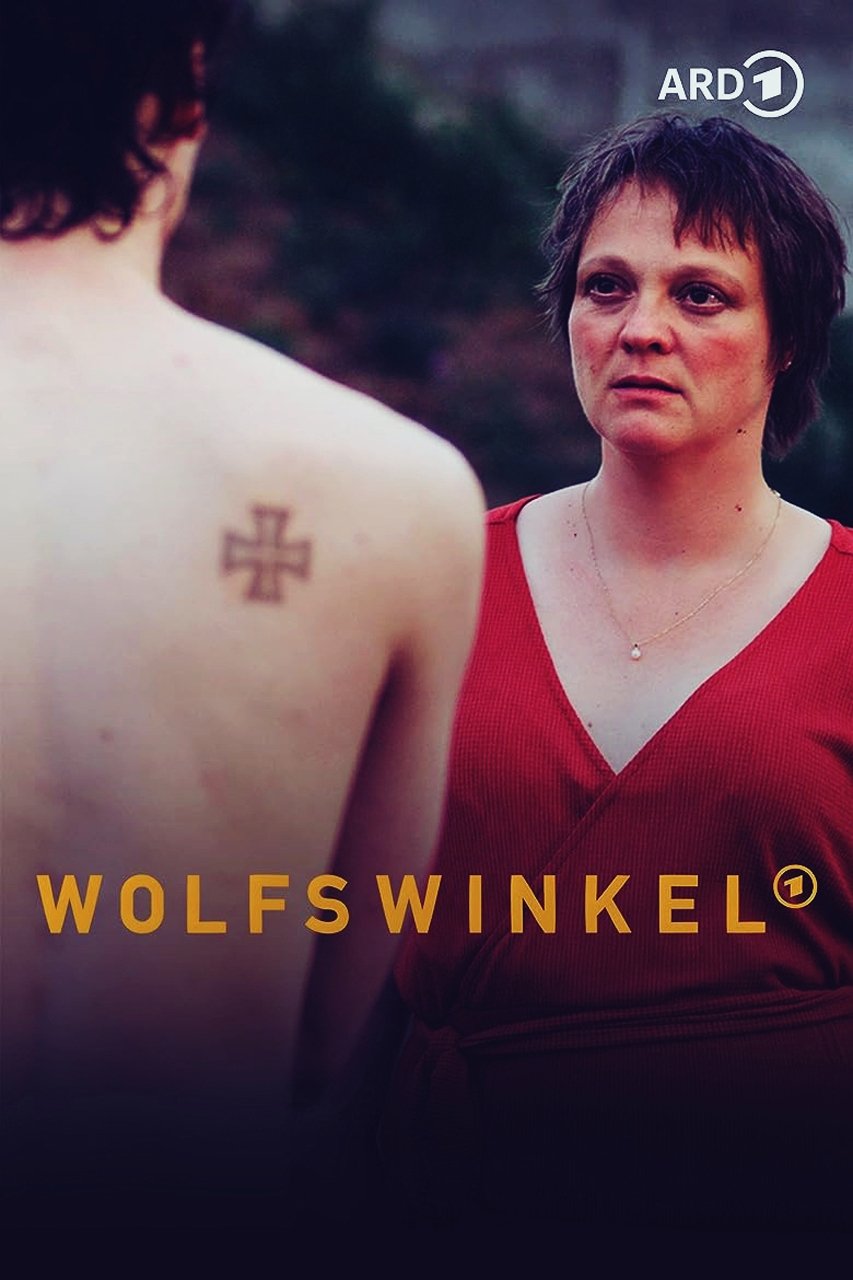


Eva Jensen is a female carpenter form Hamburg who wants to make a new start on the Baltic Sea coast in eastern Germany. She tries to buy a workshop with a view of the sea offered for sale by Heide, who rents out beach chairs. Unfortunately, Heide’s ex-husband vetoes the sale. In trying to understand his reasons, Eva comes across a painful family secret from the days of the GDR. And in other respects too, the newcomer from the West faces prejudice in the village, although her skills are urgently needed. Fish-seller Christian is also interested in the workshop, which Eva just sees as fair competition. Then they discover a common passion, kite-surfing, and unexpectedly grow closer.

Melanie is in her mid-thirties and works for the Brandenburg police. Her precinct is the province north of Berlin. Melanie likes it when anybody likes her. If it gets political, she keeps herself out. But that's no longer so easy when her best friend Lydia, an ex-daily soap star, makes herself important as a populist influencer with right-wing slogans in her home village and a street disappears overnight. Its bumpy cobblestones were the last evidence of a dark time when building material for the Wehrmacht was mined at the Kiessee, today a bathing area. Forced laborers and concentration camp prisoners toiled here. Elementary school teacher Anja considers it a thoughtless mess that this stone memorial to history should simply be asphalted. With brown homeland paroles, Lydia heats up the mood in the village and earns good money through clicks on the Internet. When the violence escalates, law enforcement officer Melanie, who is addicted to harmony, has to decide which side she is on.

By browsing this website, you accept our cookies policy.